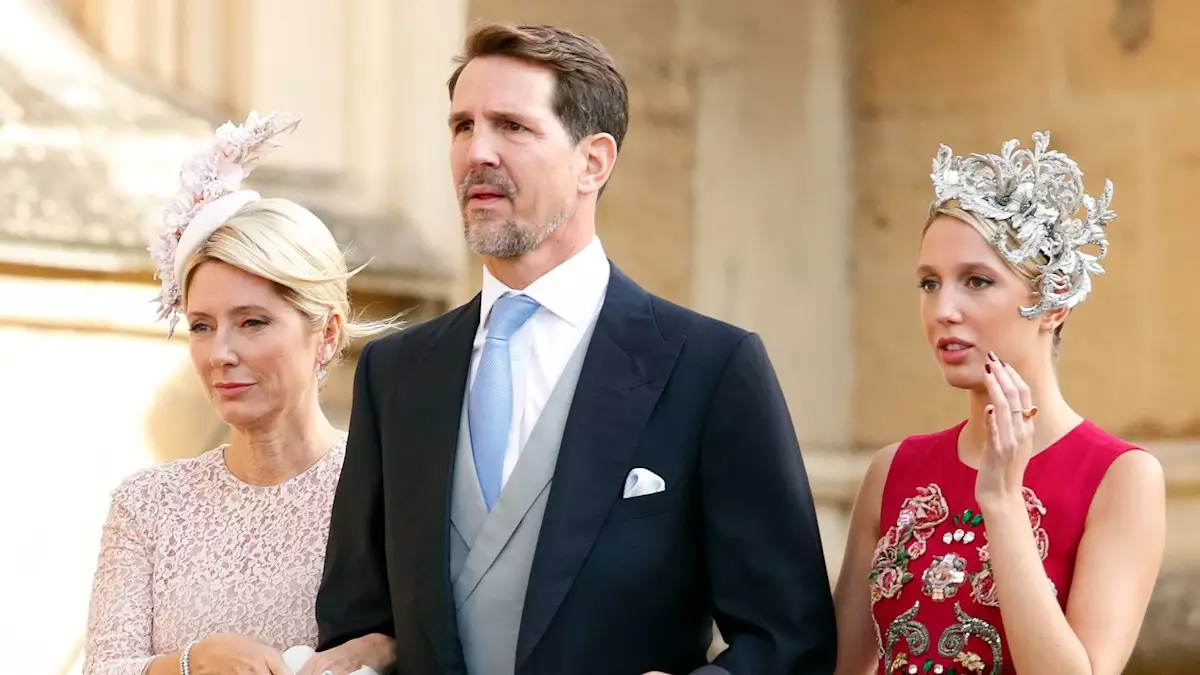The Greek royal family is stepping into uncharted waters as they endeavor to reclaim their citizenship in a nation that has long since transitioned to a republic. This move marks a significant acknowledgment of Greece’s political evolution since the monarchy was formally abolished in the early 1970s. The implications of this development are both historical and contemporary, addressing past grievances while navigating the complexities of modern identity.
In a groundbreaking declaration, the Greek royals have accepted the reality of Greece’s status as a republic, which they have done more than five decades after the monarchy was dismantled. This decision reflects a mature understanding of the tumultuous history that defined the previous reign of King Constantine II, the last king of Greece. His reign was marked by political unrest, culminating in his exile following a military coup. The royal family’s current stance signifies a crucial departure from previous years of contention regarding their status and claims to the throne.
Their citizenship was revoked in 1994, an action deeply rooted in the political fallout from the king’s disputes regarding royal properties and the refusal to renounce claims to the throne for his heirs. By changing their last name to “de Grece”, a French term meaning “of Greece,” the family is not just adopting a new identity; they are symbolically severing ties with an era that is no longer relevant to the Greek populace.
Despite signing a formal declaration to acknowledge the republic, the pathway to obtaining Greek citizenship is fraught with bureaucratic hurdles. The decision to restore citizenship requires publication in the official government gazette, a step that has yet to happen. Once accomplished, the family will then be able to pursue state identity cards and Greek passports. This procedural outline mirrors the challenging and often cumbersome nature of legal systems, emphasizing that the process of regaining lost rights can be complex, even for those who once held the highest positions in the country.
The current royal family members, particularly the five children of King Constantine – Crown Prince Pavlos, Princess Alexia, Prince Nikolaos, Princess Theodora, and Prince Philippos – represent a new generation eager to redefine their relationship with Greece. The royal lineage, dynamic yet nostalgic, seeks to reconcile its historical role with contemporary Greek identity, an endeavor that could reshape perceptions of the monarchy in a republic that has firmly distanced itself from royal rule.
The significance of this moment cannot be overstated. Athanasios Balerpas from the Interior Ministry emphasized that “a historically pending matter is being resolved,” suggesting that the reinstatement of citizenship could serve as a cathartic reconciliation with history. The act signals an end to prolonged disputes and an opportunity for the royal family and the broader Greek populace to redirect their focus toward the future.
King Constantine, who passed away in January 2023, spent a significant portion of his life in exile before returning to Greece in 2013. His death marked the close of an era; however, the royal family’s public engagements, such as Princess Theodora’s recent wedding, indicate an active attempt to engage with the modern Greek demographic. Events like these provide an opportunity for the family to connect with the citizens and cultivate a relationship based on common aspirations rather than historical grievances.
The recent wedding of Princess Theodora has drawn considerable public interest and goodwill, showcasing the royal family’s ability to attract warmth and affection from citizens. The joyous occasion, despite previous delays linked to the pandemic and personal loss, emphasized a modern shift in the family’s public perception. As Crown Prince Pavlos thanked onlookers at the ceremony, it demonstrated an intriguing blend of tradition and contemporary connection.
The road ahead remains uncertain for the Greek royals. Their quest for citizenship amidst a republican landscape raises questions not only about their future role but also about the identity of Greece as a nation that has navigated its complex past with resilience. The royal family’s efforts might reflect a desire to find a place within that narrative – a path that reconciles their historical significance with the newly forged identity of modern Greece.

